Blog • Understanding Publishing
Posted on Oct 20, 2015
Agent-Assisted Publishing: Interviewing Robert Caskie from IPSO Books
About the author
Reedsy's editorial team is a diverse group of industry experts devoted to helping authors write and publish beautiful books.
More about the Reedsy Editorial Team →We started Reedsy around a year ago, thinking mostly about independent authors and hoping to give them, through our marketplace, access to a range of talent that has so far been exclusive to traditional publishing companies.
Along the way, however, many different players have come to know about Reedsy, and agencies are one of them — and a very exciting one at that. While the role of the agent is often questioned in an increasingly disintermediated industry, we personally believe agents remain a key link in the publishing chain.
Because agencies are closest to the author, and have their best interests at heart, they are not afraid of the digital “disruption.” Some, like Peters Fraser & Dunlop in London, even see it as an opportunity to be seized. That is what agent-assisted publishing is all about.
If you’re interested in digital publishing, this interview is a must-watch. It is, as of yet, one of the most innovative and thoroughly developed propositions we have seen for a digital imprint. As usual, unconditional lovers of the written word will find the transcript of the key moments right below.
Hi Robert, thank you so much for welcoming us to the Peters Fraser & Dunlop offices here in London, they’re really lovely! For our readers who don’t know about PFD, can you give us a bit of background on the agency?
It’s lovely to have you, Ricardo. We’re one of the longest-established and biggest agencies in London at the moment, and we represent a whole range of writers. We also have literary estates, which is one of the reasons we came towards digital publishing. We own and partially own mainly crime estates, and it’s through the interest of exploiting them further that we came to form IPSO.
You’re a senior agent here at PFD and you’re also COO of the company, right?
That’s correct, yes. I came to join PFD 8 years ago, and brought a list at that time a list of mainly journalists and fiction authors. Over the years I increased in seniority and four years ago I was made the COO, which basically means my role is to try to manage as efficiently as possible the different roles of the company. I try to make sure everybody is happy, working hard, and generally try to create a positive work environment where everybody achieves the best they can.
I try to do that too at Reedsy. But let me dive right into why we are here: PFD is about to launch their own digital publishing (or agent-assisted publishing) imprint: IPSO books. What was your thinking behind that?
At the start of the year [2015] we were looking at these estates that we represent, like Eric Ambler, Margery Allingham, and John Creasy, and we were seeing quite clear passion. There were traditional print publishers who, out of a collection of maybe 20 books, liked maybe 5, which they made into print, then they made 10 as ebooks, and then there’s a lot remaining which we believe is of equal quality. And still, I think, with print publishers, the ebook is the poor cousin of the print edition…
So we thought we would take control of this, in a very agenting sort of way, and we would be much more proactive. So we thought: why not, essentially, “assist” these estates in creating a higher profile for content that is not being exploited, but also so this can feed into the other print editions and other editions of the book. This is where I think we might be different from a digital publisher, because what we’ll be doing here (and we will be doing this for front-list authors as well), is we promote all books written in all editions.
So we will have our digital publishing, or agent-assisted publishing arm called IPSO, and we will obviously promote IPSO books, but we will also promote other books by other publishers, even in print and in foreign language. We want to promote the brand of the author rather than just the books that we have.
That is great. And why the name IPSO, is there a story behind that?
Well, yes, it’s one of the things that seemed like a good idea at the time. Ipso is Latin for self, so we thought it’s kind of a way to lead back to the author, because it’s a way of assisting the author in their promotion.
Makes sense! I just want to go back to those literary estates that you mentioned, because that’s really how we got in touch in the first place: you had this Margery Allingham estate and wanted to rebrand it and put it up, with new covers, on the digital stores. How did you first hear about Reedsy?
We started thinking about IPSO in January and we had a very steep learning curve. One of the bedrocks and foundations of digital publishing is that your product has to be perfect, I think. Because it’s a very competitive market and you have less time to attract the reader. So clearly, what I think is often a problem out there with ebooks is that the quality of the jacket is not what it should be.
So I essentially just started doing some digging and who kept coming up were Reedsy. I looked at a few different websites and yours was the one that I found the most appealing and user-friendly. And the people you have on the marketplace were very interesting as well, so right from the get-go it was a very positive experience for us.
Thank you. So we met at London Book Fair and you asked me for a few recommendations from our marketplace, and among the designers I recommended was the one you have been working with: Ben Mcleod.
Yes, I suppose in one way that’s where being a big agency like PFD is quite good because we had eleven titles (from the Allingham estate) for which we needed covers, and of course, that’s daunting but also quite exciting for a jacket designer to do. It’s not just one book from one author, you’re dealing with a whole range of titles. You’re also dealing with different people because, obviously, this is part of an estate’s group as well, so we had to fit in with what the estate wanted, so that’s quite a big challenge. But Ben, right from the get-go, did very well.
I certainly agree. Now let’s focus on IPSO again; I wanted to ask you: what is going to be the deal for front-list authors published under your new imprint?
Yes, so we’re looking for front-list authors now, genre-specific at the moment but we want to branch out to do a series of non-fiction titles. We want to really experiment with form and length, so we want to do some short book series in non-fiction, with journalists or young historians for example.
We give a 50-50 split on our contract. I think, again, that we’re quite lucky to be in a position where we’re backed by the agency, so we can provide a social media consultant who offers her services for free. We build websites for people, we teach them about social media: how to build a Facebook page, how to tweet, all those things. She will do a “master class” in the beginning and then monitor that.
We got a marketing consultant, who was really brought in to teach us as well about this, and who will also help build campaigns to sell books. And we do, now, because of the sheer volume, have a jacket designer on a retainer of doing a small number of jackets, but nowhere near enough to do all our books — and actually we don’t want them to look all the same.
Editorially, we know a few editors through word-of-mouth but we haven’t really started that since we’ve been only dealing with literary estates so far. However, we do have a sort of psychological thriller trilogy which has just been delivered so we will soon have our first editing process, and there will be more coming.
Well, you know we’re here for that! Just to clarify: IPSO pays for the editing and the design, you help with the marketing as well, and have a 50/50 royalty split on ebook royalties, right?
Exactly.
That’s exciting. Can you get into more details on the marketing? Because I think that, on top of your curation, it might become your most important value-add.
We do pay for Facebook ads for our authors and we experiment with how that works. We’re still trying to work out the best way but we’ve found that it’s certainly something that can have a big impact on growing our mailing list.
Again, because we’ve been working with literary estates, we have a lot of content so we’ve been able to offer free books, or do box sets of three books, which we’ve found really useful.
Obviously, for the price promotions, we meet directly with Amazon, iBooks. We go in and talk about what we’ve got coming up. This week, for example, we’ve got Eric Ambler books as “book of the week” both on Amazon and iBooks… I think that because we have dealt with them previously through White Glove, which was the agent aspect of Amazon, we now have a good relationship with the retailers. That’s really important because I think iBooks, for example, are much more editorially-led so they like to choose books that they read and like.
Alright, now to close this interview, I’d like to ask a more general question on the role of the agent moving forward. How do you see it, do you think it’s still going to be mostly about selling rights, or is there going to be more coaching, advising, or even publishing and marketing?
I think for us the past few years have definitely redefined that author-agent relationship and made it much more symbiotic and much more equal. From what I see with IPSO we are actively and actually investing in an author before we make any money. I think that’s a very exciting prospect, and I am confident that this will lead perhaps to much more interesting and much more varied content.
Of course, we will continue to sell to publishing houses. Most publishers — all publishers — do certain things extremely well. But I think maybe the ebook is something that publishers have shied away from a little bit and don’t quite know what to do with, so I think that for agents, helping the author with that is a good opportunity. That will still potentially lead the author to a print publisher as well, and why not, we’d be very happy with that. So I think it’s just empowering the author at an earlier stage.
I definitely think so, and that’s why I find this initiative so interesting. I think you’ve shown here at PFD a tremendous capacity to innovate and be creative about publishing, and I’m really happy to have been able to interview you for our blog, Robert.
What are your thoughts about agent-assisted publishing initiatives? How does the IPSO Books proposition sound? Let us know your thoughts, or any questions for Robert, in the comments below!

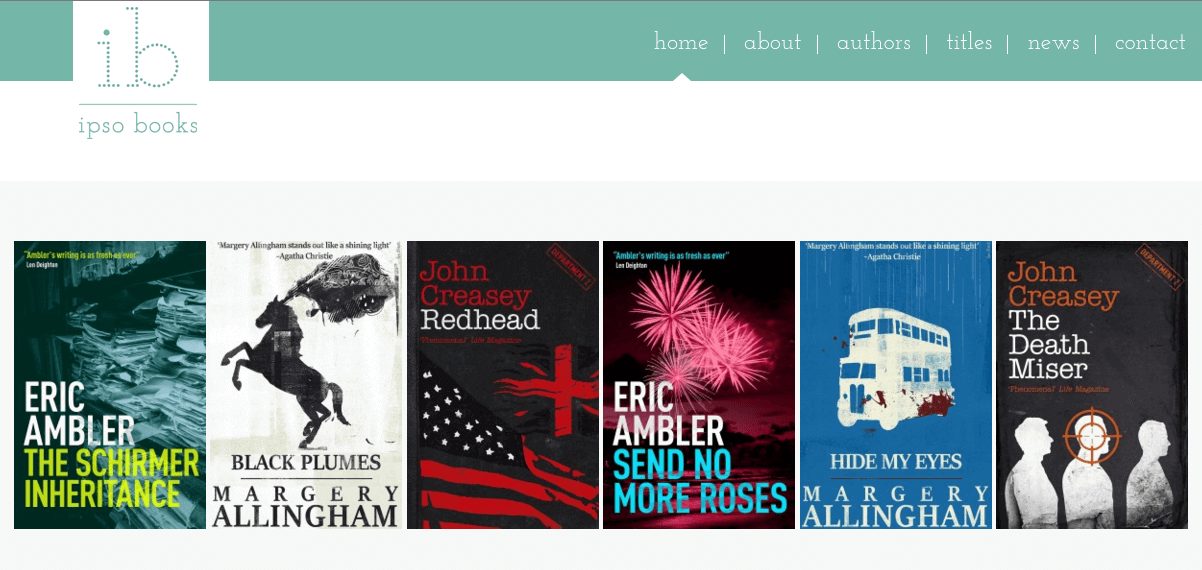
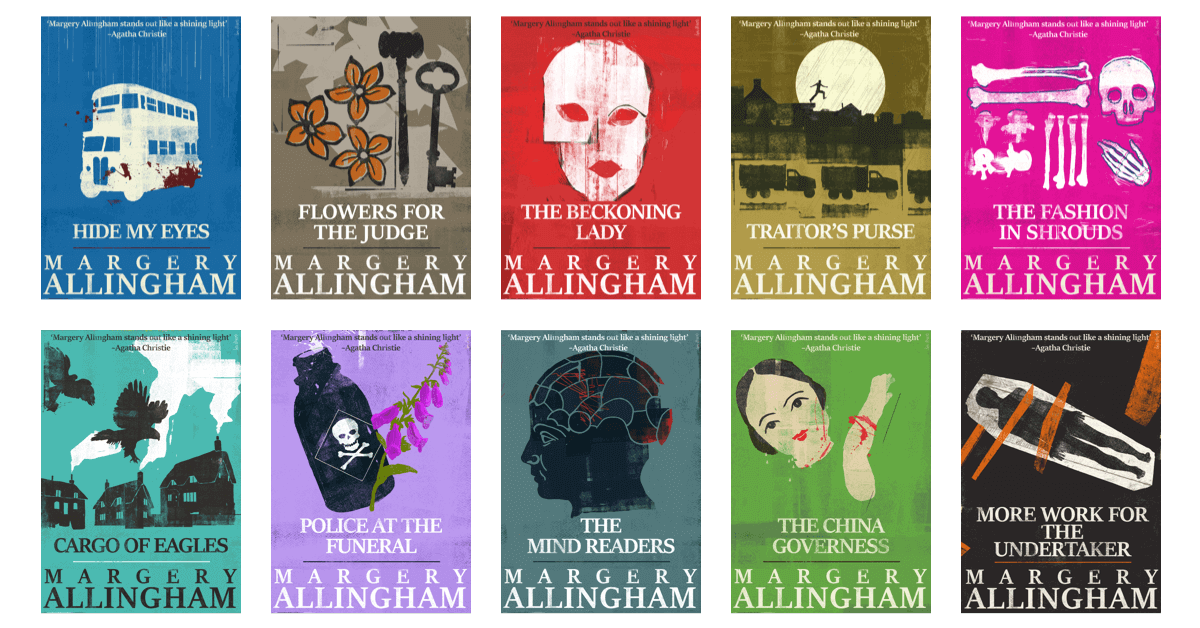
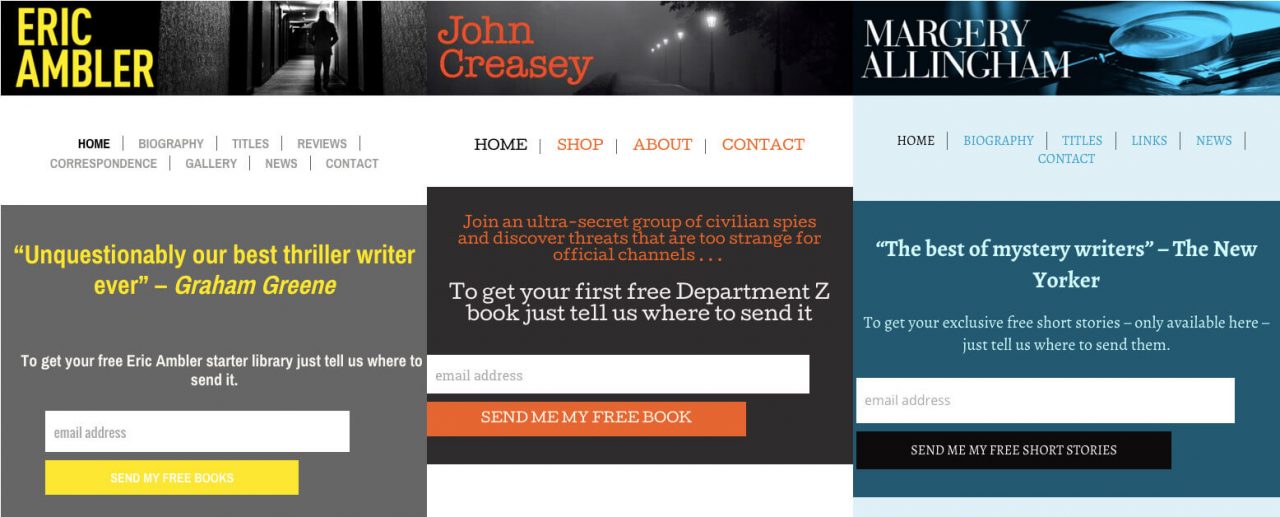




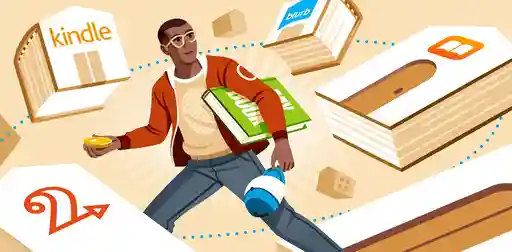
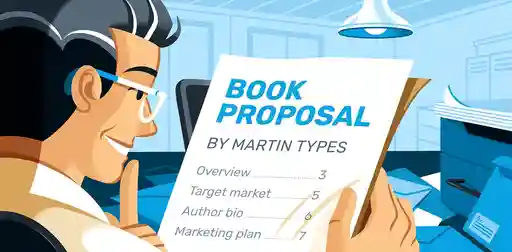

6 responses
Michael Doane says:
20/10/2015 – 15:18
Being a Latin nerd myself, I love the name of the imprint! I also love this quote from Robert: "We want to promote the brand of the author rather than just the books that we have." That's such a fantastic attitude to have. Robert and IPSO are ahead of the curve because they know that the success of the author - not the properties they have ownership in - is what will make their company successful in the long run. What a great investment in the authors they represent and believe in!
↪️ Ricardo Fayet replied:
20/10/2015 – 17:55
Another (ex) Latin nerd here, so I love the name as well. PFD is certainly doing something with IPSO that sounds right on all fronts. The "digital publishing" market is a tough one to crack, with prices being so low and cheap content so abundant, but this is one of the only initiatives that I think has a real chance of succeeding because, again, it seems to be doing everything right (from my perspective).
↪️ Michael Doane replied:
21/10/2015 – 01:49
I guess I have to consider myself an ex Latin nerd too (I wish I still had time for it). And yes, PFD seems like they have all the right ideas. I'm excited to keep my eye on IPSO and see how the imprint grows over the next few months and years to come.
Susan Weinstein says:
20/10/2015 – 15:52
I published with Eat Your Serial Press in US, who have a similar concept but also serialize books online, which create an audience. They offer print and ebooks after serial. Your model is good for already traditionally published genre fiction, such as mysteries. Problem for new writers is no review coverage, which is crucial to selling books in US. Galleys, advance books have to be sent to trade media for credibility with book chains & mainstream reviewers and other media. It can take a while of trades receiving books for a publisher to become credible. Essential for book sales is recognition with booksellers and readers. Off line media significantly raises the profile of a book. Trade and respected reviews are key to sales in U.S. market for any books but genre fiction. Podcasts and blog tours haven't the same reach..The alternative approach is separate but not equal yet.
Evadeen Brickwood says:
26/10/2015 – 10:41
Not sure what to think. In theory it sounds good, but will it hold up in a real-life scenario? I'm in South Africa and had 2 publishers in the past, but when I approached agents in London in 2008, they were extremely arrogant, even after I attended the Children's Books Conference in Cambridge and was introduced by colleagues. Publishers weren't much better. Friendlier, if disorganised, having lost my manuscripts and books under piles of rubbish. When I was involved in traditional publishing, I thought, this was the way to go, even though I had to do quite a bit of marketing. PFD were peddled as a responsive agency at the time, which I didn't find to be true. So where does that leave us as authors? I'm publishing online now, and although it's extremely time and energy-intensive, it's nothing compared to the traditional route of waiting endlessly for a response.
↪️ Ricardo Fayet replied:
28/10/2015 – 22:07
Really sorry to hear your experience with London agents, Evadeen. I've found most of them to be extremely nice people —then again, I am not submitting anything to them. One of the great joys of publishing independently is indeed the freedom and lack of time constraints from other parties (except perhaps the editors, designers and formatters who will work on the book). You can do everything at your own pace. That said, agents are often invaluable when the time comes to take your career to another level (for foreign rights, for example, or to leverage your success as an independent author to get a good deal from a publisher).